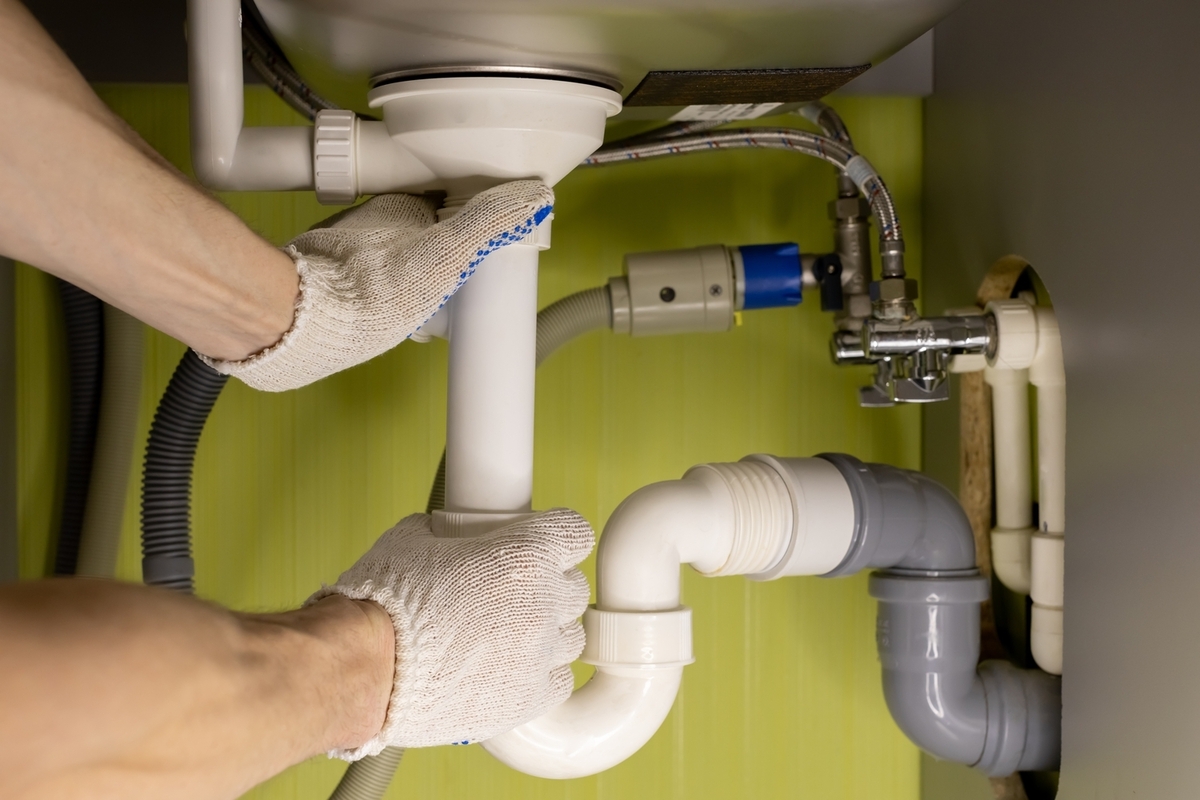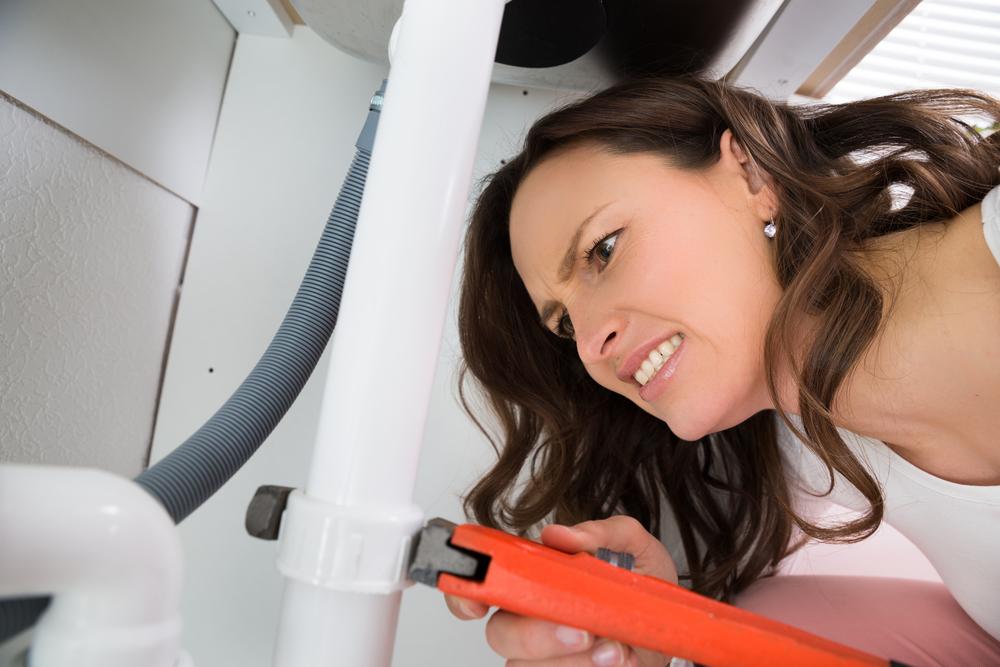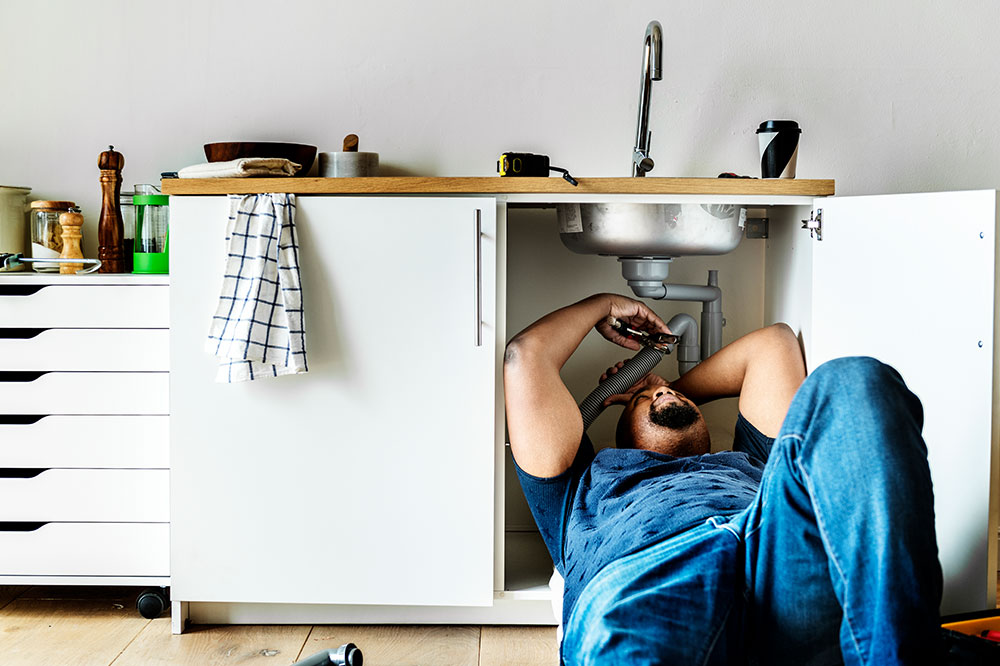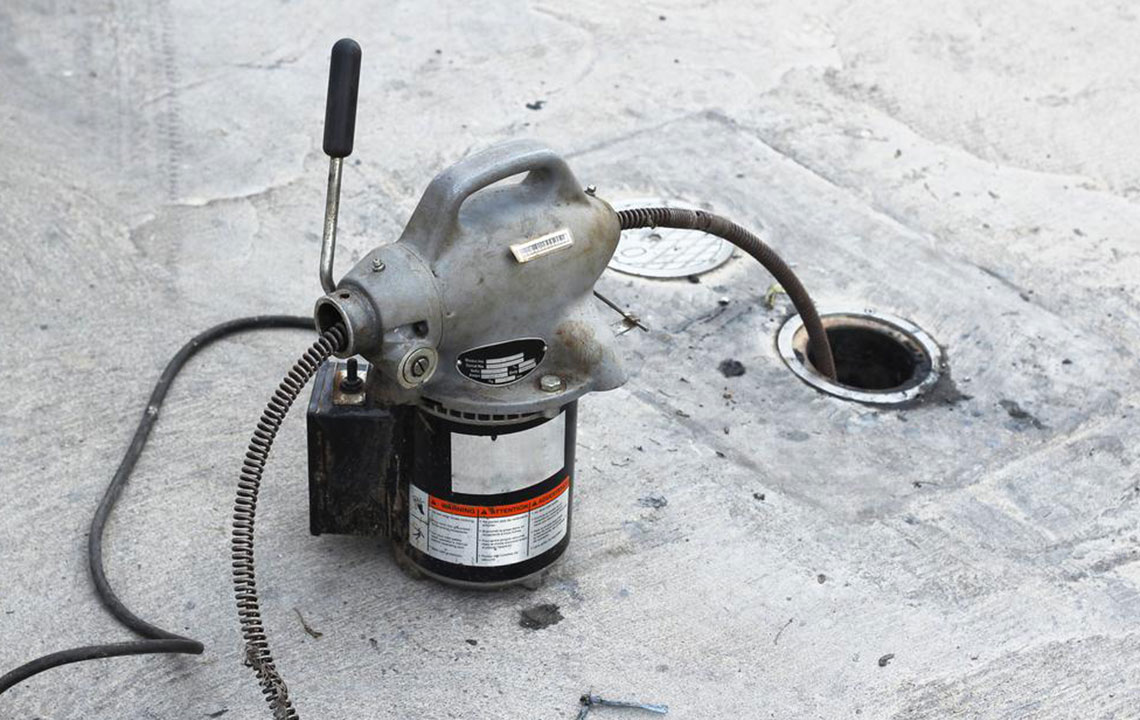Top Strategies for Keeping Drain Pipes Clean and Blockage-Free
Discover essential tips for maintaining clean, clog-free drain pipes. Learn how regular cleaning, proper disposal, and professional inspections can prevent blockages, odors, and costly repairs. Implementing these simple strategies helps prolong your plumbing system’s lifespan, ensuring efficient drainage and a hygienic home environment.

Top Strategies for Keeping Drain Pipes Clean and Blockage-Free
Ensuring your drain pipes stay clear is essential for proper drainage and avoiding costly plumbing repairs. In kitchens, bathrooms, and laundry rooms, residue from food, hair, grease, and minerals can cause blockages, bad odors, and pipe damage. Regular maintenance and preventative measures extend pipe life and ensure smooth operation. This article offers practical tips to prevent clogs, maintain clean drains, and keep your plumbing system functioning efficiently without expensive repairs.
The Importance of Routine Drain Maintenance
Drain pipes remove wastewater from your home. Over time, substances like food residues, hair, soap scum, fats, and minerals accumulate, leading to slow drainage and odors. Regular cleaning prevents these issues, avoiding pipe damage and costly fixes, while keeping your home hygienic and odor-free.
Implement these effective practices to maintain optimal drainage:
Use Drain Screens
Install strainers to catch hair, food scraps, and soap scum before they enter your pipes, reducing clogs. Remember to clean these filters regularly for maximum efficiency.
Dispose of Fats and Oils Properly
Fats and oils can solidify and clog pipes. Dispose of cooking fats in containers or compost bins instead of pouring them down the drain.
Rinse with Hot Water
Running hot water weekly helps dissolve grease, soap residue, and mineral buildup, keeping pipes clear and odors at bay.
Natural Cleaning with Baking Soda & Vinegar
Pour half a cup of baking soda followed by half a cup of vinegar into the drain. After 15-20 minutes, flush with hot water to remove residues and unpleasant smells.
Use Proper Garbage Disposal Techniques
Operate disposals correctly to prevent food waste from clogging pipes. Avoid fibrous, starchy, or large pieces that can jam. Always run cold water during use.
Apply a Plunger for Minor Clogs
For slow-draining sinks or small blockages, a plunger can effectively dislodge debris. Ensure a tight seal for best results.
Leverage Wet/Dry Vacuums
Sealing a wet/dry vacuum over the drain and switching to liquid mode can extract clog-causing debris naturally and without chemicals.
Avoid Harsh Chemical Cleaners
Stronger chemical drain cleaners can corrode pipes over time. Opt for eco-friendly solutions or contact professionals for severe blockages.
Schedule Professional Drain Inspections
Regular inspections by plumbing experts help detect hidden issues like root intrusion or pipe damage early, preventing major problems.
Mind What You Flush
Only flush toilet paper and waste. Dispose of wipes, cotton balls, and hygiene products in trash bins to prevent serious clogs.
Extra preventive tips include:
| Tip | Description |
|---|---|
| Install Drain Covers | Use screens or covers to prevent large debris entry. |
| Limit Chemical Use | Avoid excessive harsh cleaner use to protect pipes. |
| Get Camera Inspections | Use professional camera scans to identify hidden issues like damage or roots. |
| Monitor Waste Disposal | Be cautious about what you pour down drains to avoid buildup and clogs. |
Consistently cleaning and maintaining your plumbing system is key to preventing issues. Natural cleaning methods, timely professional inspections, and mindful waste disposal will keep your drains functioning smoothly, saving money and keeping your home clean and fresh-smelling.
Adopting these simple practices enhances pipe longevity and ensures a well-maintained plumbing system, promoting a healthier home environment.


